As the holy month of Ramadan unfolds, the people of Gaza find themselves in the grip of a dire humanitarian crisis, exacerbated by relentless Israeli attacks and a blockade that has choked off vital supplies. Despite the fasting and prayers, the specter of hunger and death looms large over the besieged territory.
Israeli airstrikes, unleashed with increasing ferocity, have left homes in ruins and families shattered. Amidst the rubble, Gazans break their fasts with meager offerings, resorting to wild herbs and saltwater as sustenance. The once vibrant markets now lie barren, devoid of essential goods, with canned food serving as a meager substitute.
For Randa Bakr and her family, Ramadan is a time of mourning and loss, as they grapple with the absence of loved ones lost to Israeli attacks. The pain is palpable as they gather for Iftar, their table adorned with charity-donated rice and beans, a stark reminder of their precarious existence.
In Jabalia refugee camp, where every family bears the scars of conflict, Palestinians cling to faith amidst the ruins of destroyed mosques and shattered lives. The call to prayer echoes through the rubble, a testament to their resilience in the face of adversity.
Despite the hardships, acts of solidarity offer a glimmer of hope. Thousands of Iftar packets are distributed daily, a lifeline for those struggling to survive. Iran's generous contribution, facilitated by the Red Crescent Society, provides much-needed relief to Gaza's most vulnerable.
As Gazans continue to endure the onslaught of violence and deprivation, the spirit of Ramadan persists, a beacon of resilience amidst the darkness of conflict. Yet, the specter of ceasefire remains elusive, as the people of Gaza confront an uncertain future marked by fear and uncertainty.



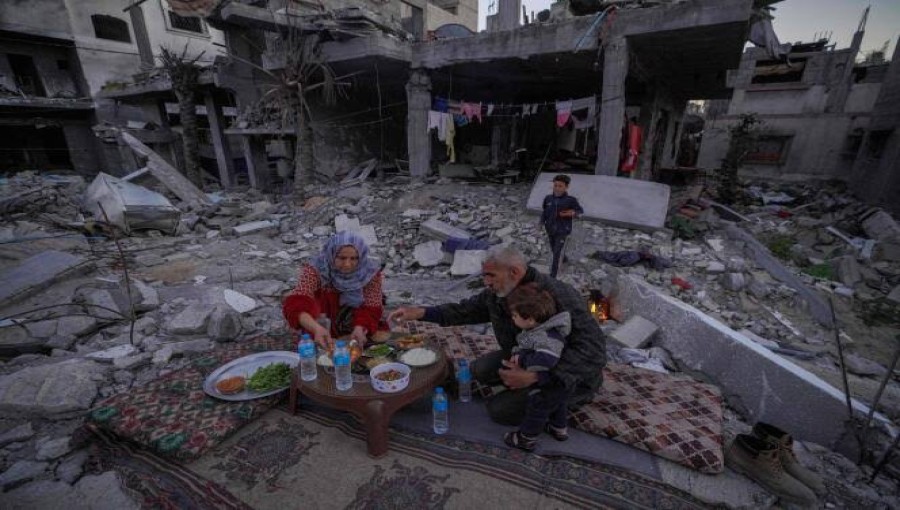
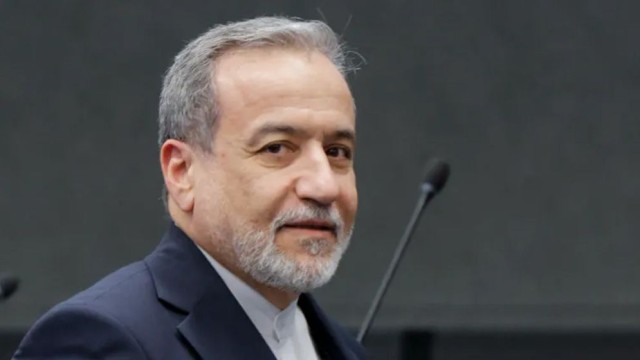
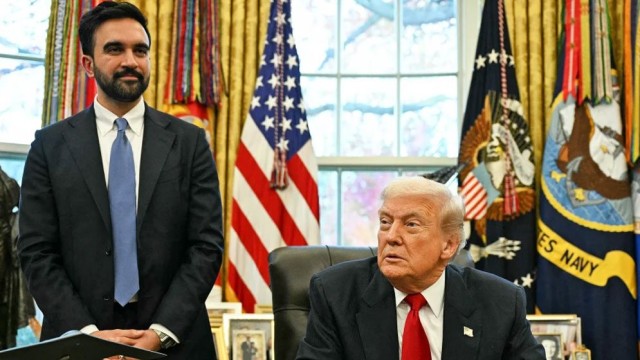
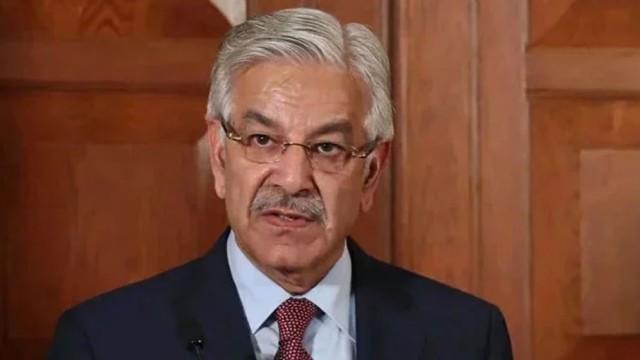
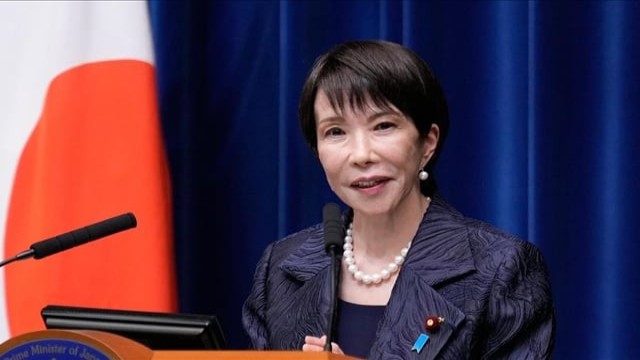
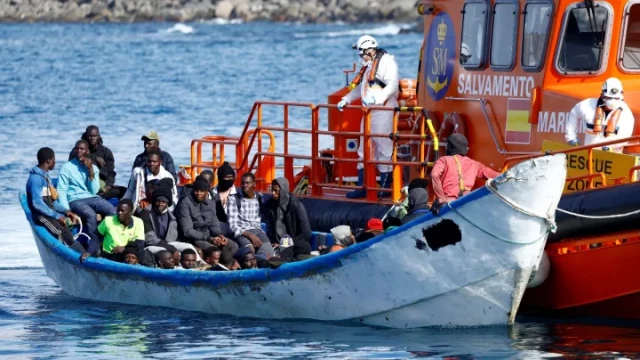
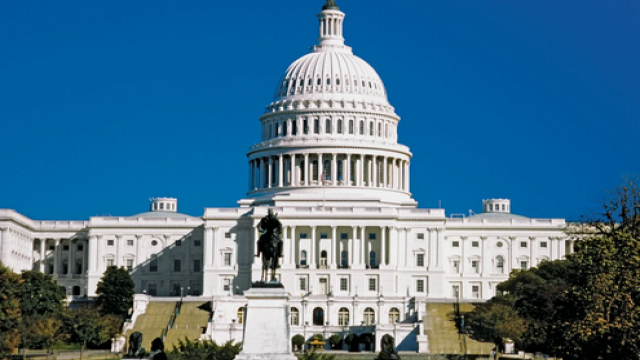
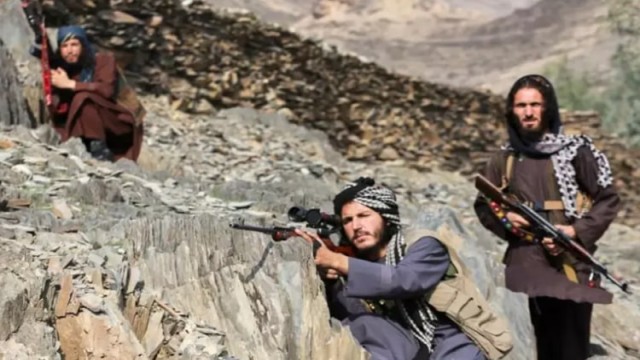

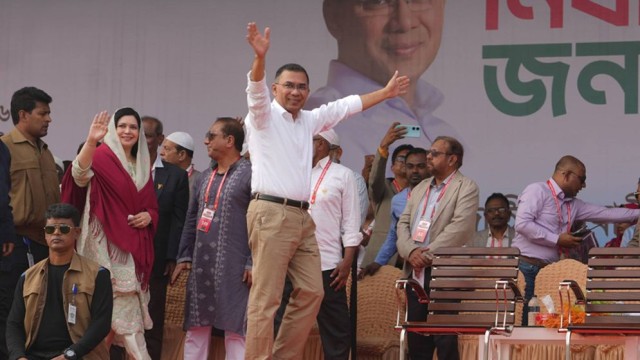
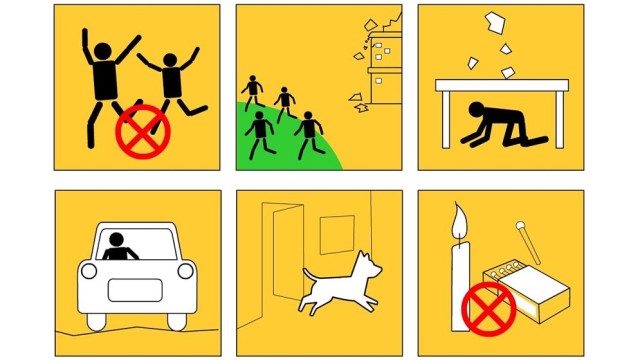
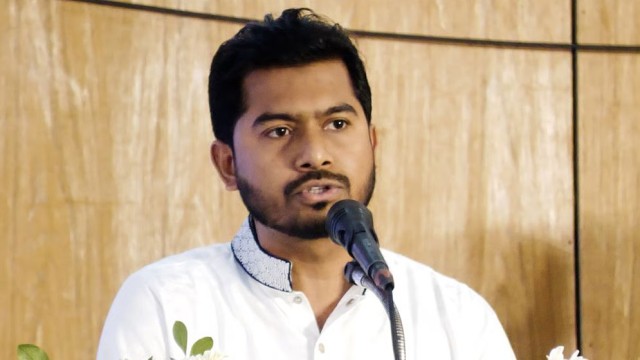
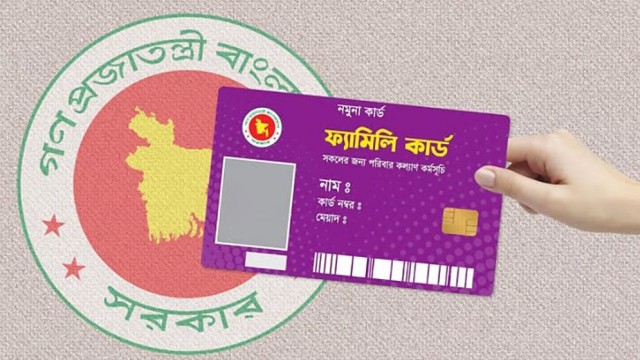
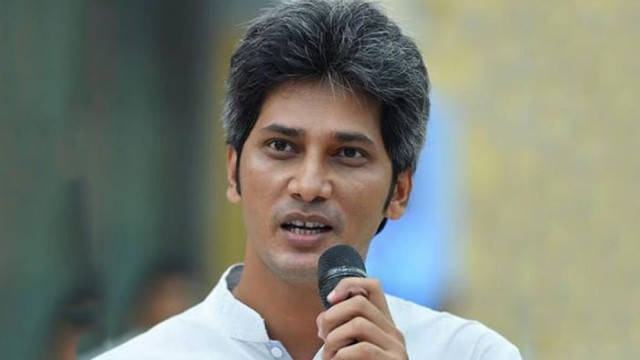
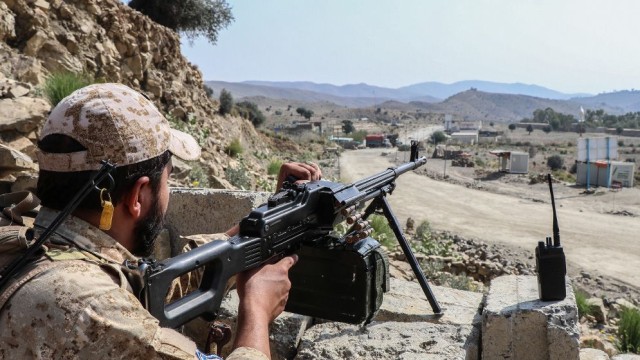
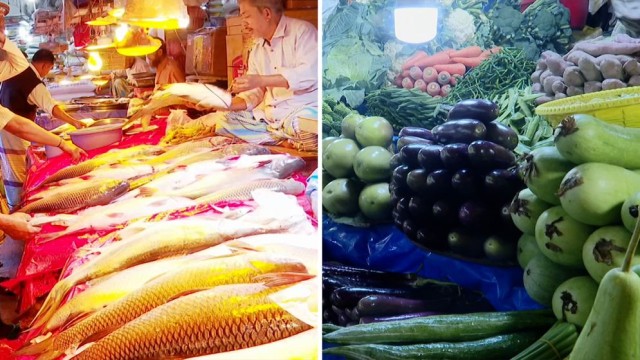





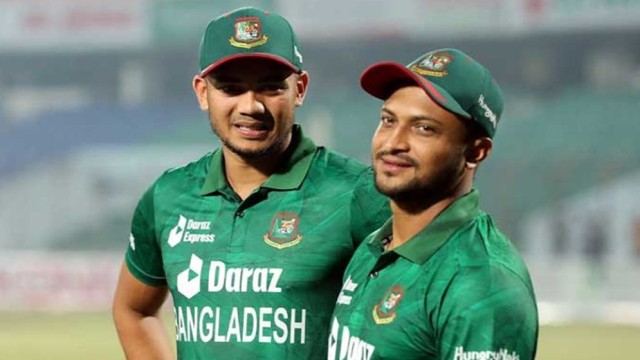
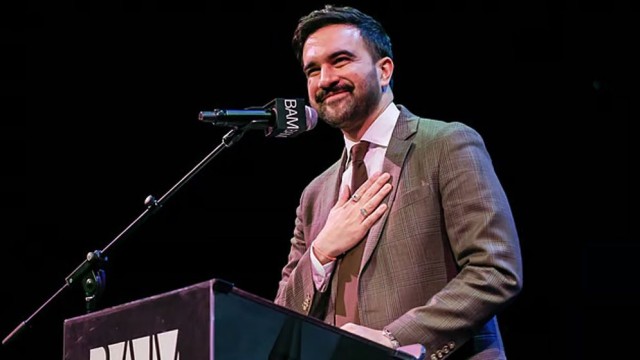

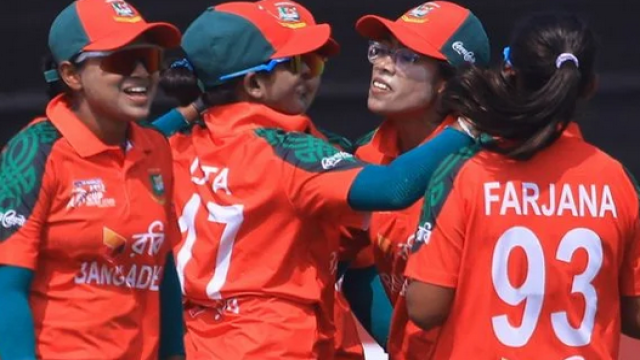



Comment: